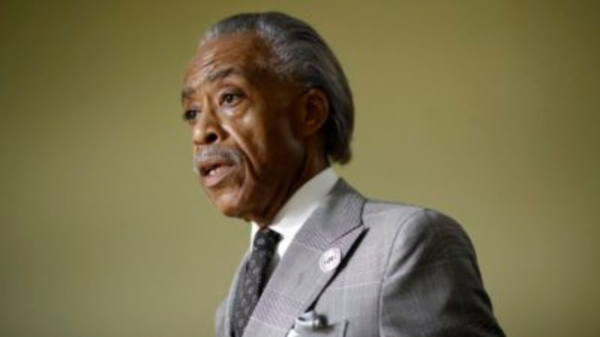
Nationwide — Target CEO Brian Cornell is scheduled to meet this week in New York with civil rights leader Rev. Al Sharpton, as the company faces mounting backlash over its rollback of diversity, equity, and inclusion (DEI) initiatives. Although no formal boycott has been announced, many Black consumers have already stopped shopping at Target, contributing to a notable drop in store foot traffic and a decline in the company’s stock performance. The meeting, which was initiated by Target, comes after it announced in January that it would eliminate its three-year DEI goals and stop reporting to external groups such as the Human Rights Campaign’s Corporate Equality Index.
According to the New York Post, while Sharpton himself has not officially endorsed a boycott, he has expressed support for consumer-led efforts to hold the company accountable. Speaking to CNBC, he criticized the timing of Target’s DEI policy changes ahead of the 2024 election, saying, “If an election determines your commitment to fairness, then fine, you have a right to withdraw from us, but then we have a right to withdraw from you.” Sharpton added that he is open to calling for a formal boycott if Target fails to reaffirm its investment in the Black community and Black-owned businesses.
Among the most controversial moves, Target quietly ended initiatives designed to increase shelf space for products from Black- and minority-owned brands. According to analytics firm Placer.ai, the company has experienced 10 consecutive weeks of declining in-store visits since late January. Though economic factors like inflation may be contributing, the drop has aligned closely with public criticism over the DEI shift. Atlanta-based pastor Rev. Jamal Bryant has also joined the opposition, leading a “Target fast” during Lent and planning additional actions to demonstrate Black consumer power.
Target’s shift reflects a wider trend among major corporations scaling back DEI efforts under pressure from conservative activists. Companies such as Walmart, McDonald’s, and Tractor Supply have taken similar steps, while others like Costco have resisted calls to weaken DEI commitments. Sharpton’s National Action Network has also recently met with PepsiCo executives after that company withdrew its own DEI goals. PepsiCo CEO Ramon Laguarta personally attended the meeting, signaling the gravity of the issue.
In his upcoming meeting with Cornell, Sharpton plans to press the CEO on Target’s apparent departure from promises made in the wake of George Floyd’s murder in 2020. At the time, Cornell had publicly described Floyd’s death—just miles from Target’s Minneapolis headquarters—as a deeply personal and corporate wake-up call. “That could have been one of my Target team members,” he said in 2021. Now, Sharpton is demanding answers: “You made commitments based on the George Floyd movement… Are you trying to say everything’s fine now because the election changed? That’s insulting to us.”
Sharpton’s efforts are part of a broader campaign to hold corporations accountable for the racial justice promises they made in recent years. As conservative backlash grows, civil rights leaders like Sharpton are stepping up pressure to ensure those promises are not abandoned for political convenience.





You must be logged in to post a comment Login